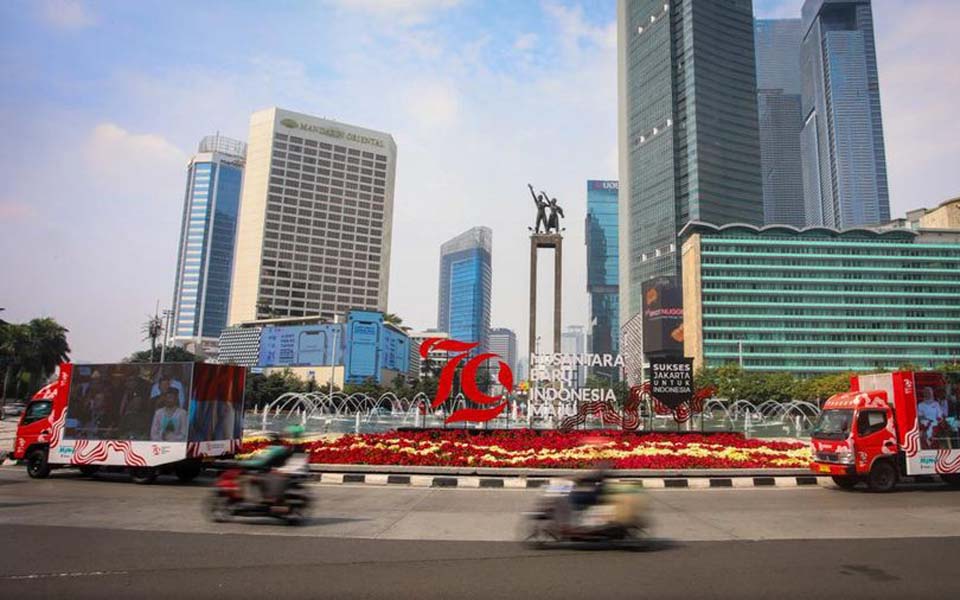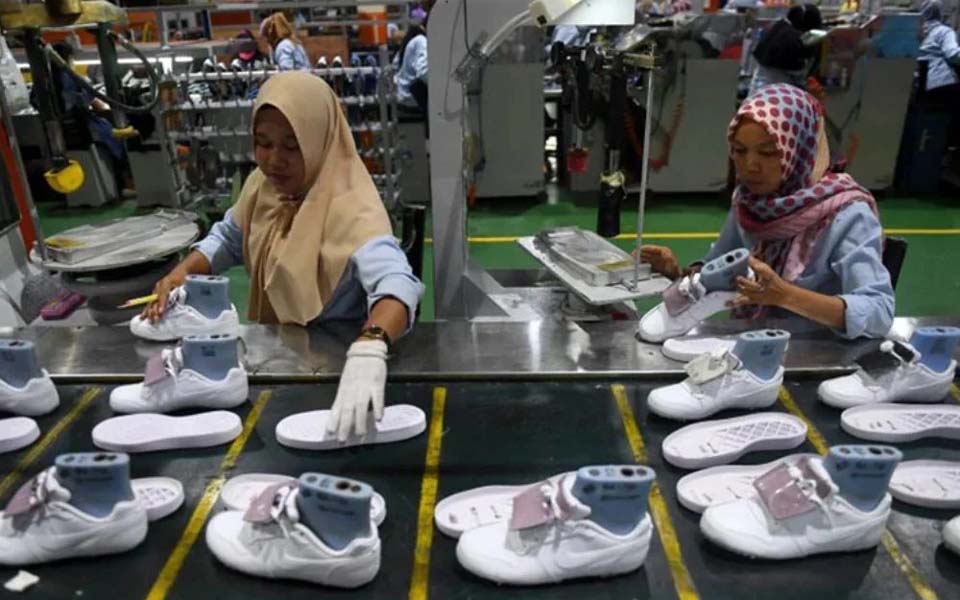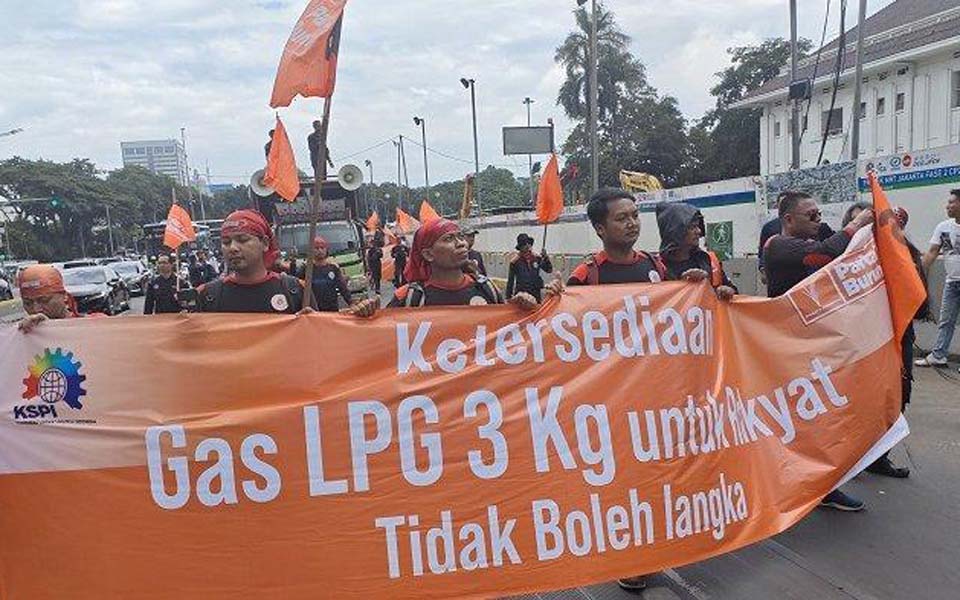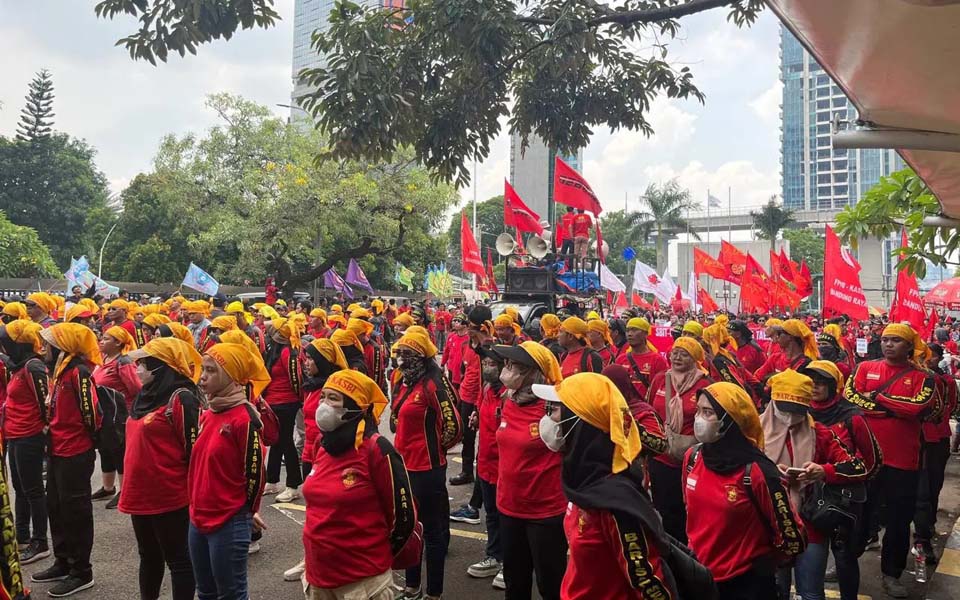Jakarta – Starting in 2015, the wage remuneration system will be revised. Workers will be paid based on education level, productivity, length of employment, achievements and position. Demands for wage increases will only be implemented if a company is profitable.
The changes are currently be deliberated by the government through the Department of Labour and Transmigration (Kemenakertrans). The new system will compliment the existing stipulations on provincial, regency and municipal minimum wages (UMP/UMK).
Business groups have expressed support for the new system with Indonesian Chamber of Commerce and Industry (Kadin) chairperson Suryo Bambang Sulisto saying that it is time for workers to be paid based on productivity.
“Don’t let wages get more and more expensive but productivity remain the same. People (investors) will over time become increasingly reluctant [to invest] in Indonesia. What will we do if the country isn’t competitive”, said Sulisto at the Kartini building in Jakarta on Thursday September 11.
Meanwhile the Department of Labour’s director general of industrial relations and social security, Irianto Simbolon, said that starting next year they will be using a system of “scaled wages”.
There are several important points in this new scaled wages system. First, it will use indicators such as education, achievements, length of employment and position to determine workers’ wages.
So wages will become very ‘personal’, unlike the determination of wages currently being used, which is based on the provincial and minimum wage.
Second, the scaled wage system will also be determined by employers by using company performance indicators, meaning that if a company’s performance is poor or unprofitable, then workers will not have the right to ask for wage increases.
Third, companies will be obliged to pay non-wage income. Non-wage income means things such as holiday bonuses, bonuses related to religious affairs, compensation for employment facilities and the like.
Fourth, wage levels will be based on 84 components that make up the new reasonable living cost index (KHL). Under the old regulation, Department of Labour Decree Number 13/2012, the KHL is only made up of 60 components.
The additional components that make up the new KHL will include drinking water dispensers, washing machines, brooms made from sugar palm fiber, plastic cutting boards, mats, televisions measuring a minimum of 19 inches, deodorants, perfume, lipstick, hand and body lotion and mobile phones.
The fifth and last point is that the new wage system will adjust how often wage increases are set, changing from annually to once every two years. (anila/bim)
[Translated by James Balowski.]
Source: http://www.nefosnews.com/post/ekbis/sistem-upah-buruh-2015-diubah-ini-dia-poin-poinnya















